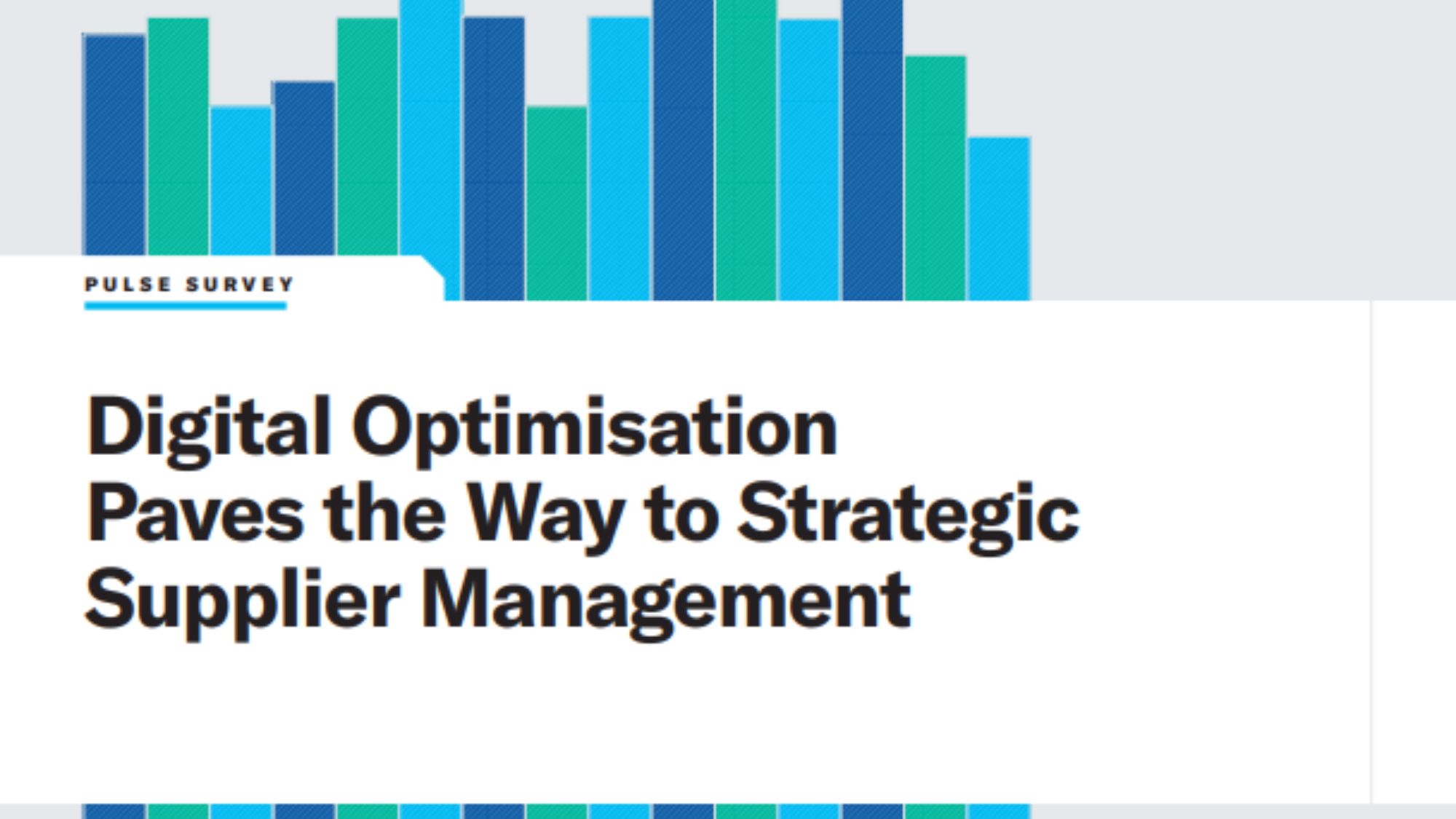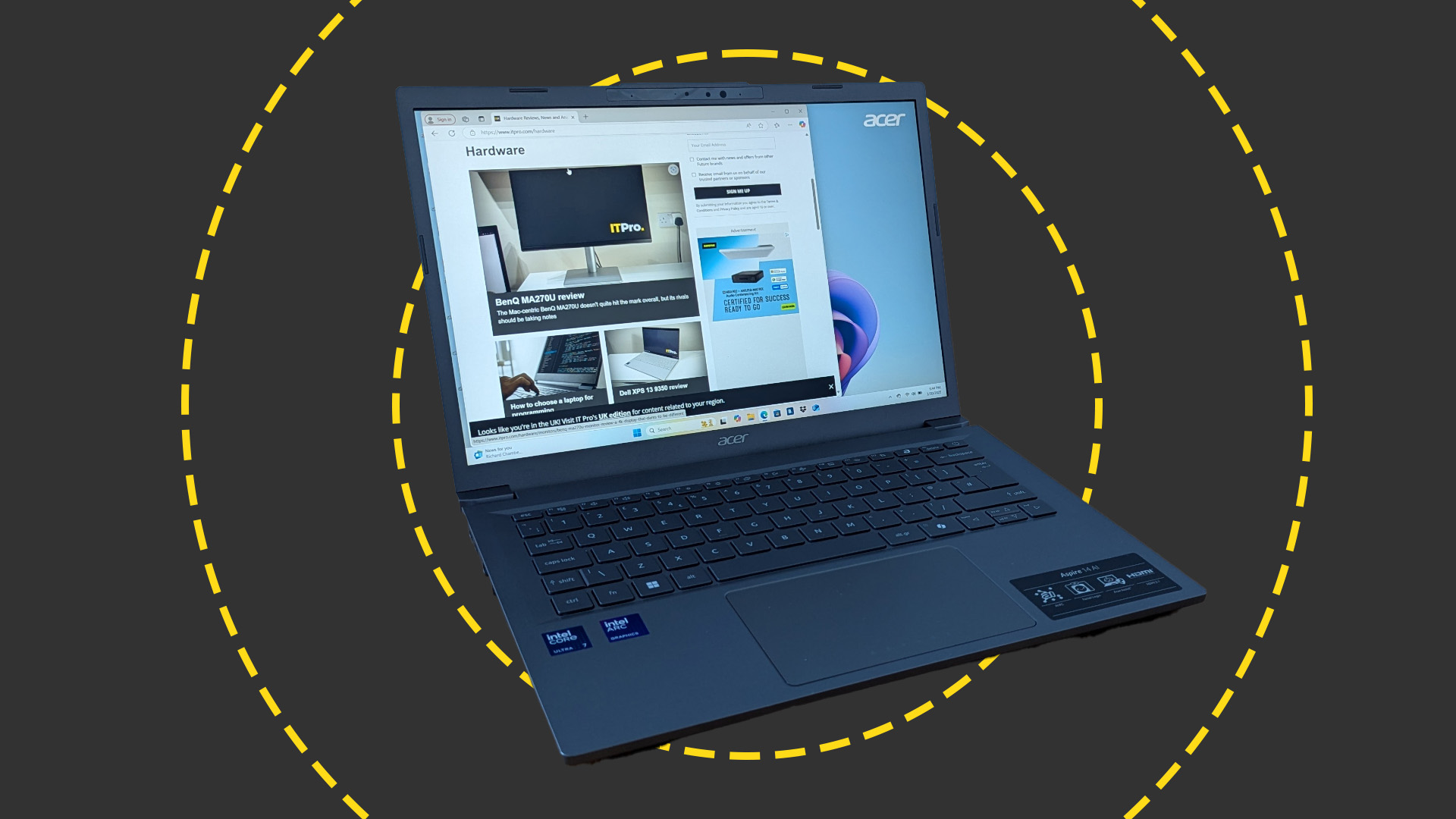Meta's Workplace productivity platform was always destined to fail
Meta’s attempts to dabble in the workplace productivity software space have fallen flat amidst a sharpened focus on AI
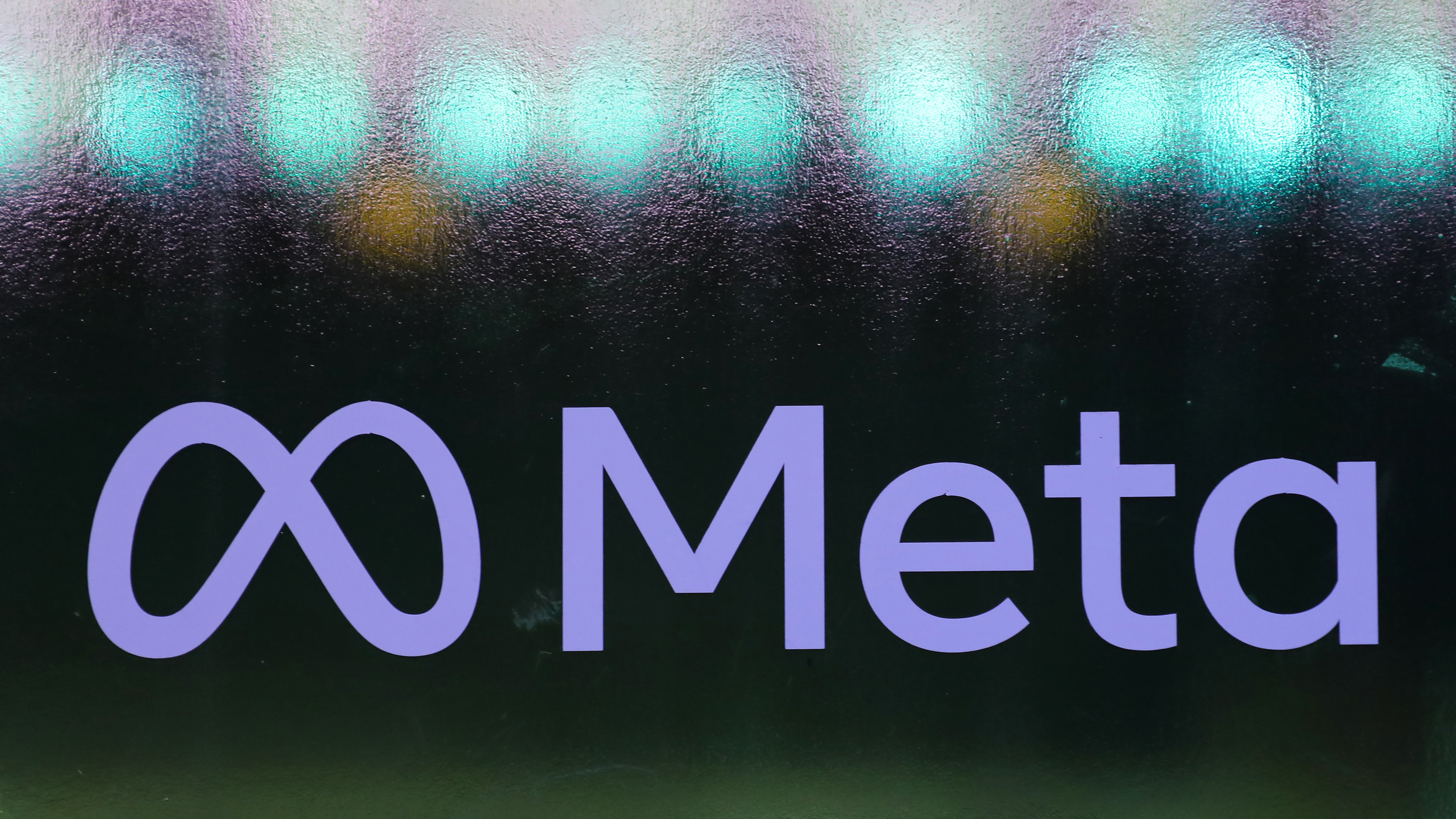

It’s a dog-eat-dog world in the productivity software space and Meta is the latest casualty.
On 14 May, the tech giant confirmed that its Workplace from Meta collaboration suite, formerly known as Facebook at Work, will be scrapped as part of a protracted winding down process. Meta will push its current users onto Zoom’s Workvivo platform, which it described as its “only preferred migration partner”.
Customers will still be able to use the platform until September 2025, according to Micah Collins, Meta’s senior director of product management, after which it will become available only to read or download existing data. The final nail in the coffin will come in 2026.
Meta framed Workplace as a competitor to other major productivity suites available on the market, including Teams. And it made a good fight of it over the years.
At its height in 2021 the platform boasted seven million paid users, per Meta’s own stats, including household names like AstraZeneca, Spotify, and Nestle.
But while Meta has grown accustomed to flexing its muscles in other spheres, it never stood much of a chance in the utterly saturated productivity software market. Slack, Google Workspace, Teams, Zoom; it’s a cacophony of ‘market leading’ platforms, all of which offer roughly the same tools and features.
The advent of generative AI has only heightened competition in the space, with each platform releasing its own spin on AI copilots.
Get the ITPro daily newsletter
Sign up today and you will receive a free copy of our Future Focus 2025 report - the leading guidance on AI, cybersecurity and other IT challenges as per 700+ senior executives
Reaching the seven million user mark was quite a feat, in fairness to the tech giant. But compared to competitors in the space, it was a minnow.
Take Google Workspace, for example. Three billion users globally, per Google, and as of March 2023 a total of nine million paying organizations. This number has no doubt since grown.
Elsewhere, Microsoft 365 boasts over 300 million users and Slack, the plucky, vocal underdog, commands a user base of some 38 million, according to stats from DemandSage.
Aside from being crowded, this marketplace is intensely competitive – or uncompetitive, depending on which camp you’re in. Microsoft has been repeatedly scalded for anticompetitive practices and flexing its muscles in the space, with Slack a vocal opponent in this regard.
RELATED WHITEPAPER

This has drawn the attention of regulators on both sides of the Atlantic, with EU lawmakers taking a particular interest in its practices. Just this week, Politico reported that regulators are set to target the tech giant with new antitrust charges amid claims that unbundling Teams from Microsoft 365 “did not go far enough” to create a fairer industry landscape.
Workplace’s demise is by no means the fault of Microsoft, but recent events in this market highlight an unforgiving reality. It’s not the only casualty, either. In August last year, Verizon announced plans to shut down its own flagship collaboration platform, BlueJeans, citing a “changing market landscape” that had made things simply untenable.
Verizon, like Meta, had invested heavily in the platform over the course of a decade and yet still couldn’t stop the rot.
Workplace is a victim of Meta’s changing focus
Over the last several years, Meta has swiveled on a sixpence more than once, each time changing its entire focus as a company. Remember the metaverse, the whole reason we’re referring to Meta as ‘Meta’? That’s been left to simmer slightly since the advent of generative AI.
Meta’s scrapping of Workplace highlights this ever-evolving focus at the tech giant. In a statement to the press, a spokesperson said the firm is discontinuing the platform so it can “focus on building AI and metaverse technologies that we believe will fundamentally reshape the way we work”.
Mark Zuckerberg certainly is all in on AI right now and any potential dead weight, including metaverse plans and maintaining a collaboration software suite, have been cast aside in pursuit of becoming a dominant player in this lucrative space.
Call me cynical, but even the “preferred migration partner” chosen by Meta highlights this. Sending users to Workvivo makes sense given that the tech giant is diving headlong into an AI battle with Microsoft and Google.
Zoom is, in geopolitical terms, somewhat of a safe, ‘Swiss’ option here. Why send users to prospective competitors, regardless of how small that user base is?
The only real winners in this situation will be those who lap up what users Workplace still retained. Shiny new big brand clients to add alongside all the rest on promotional materials for Google or Microsoft.

Ross Kelly is ITPro's News & Analysis Editor, responsible for leading the brand's news output and in-depth reporting on the latest stories from across the business technology landscape. Ross was previously a Staff Writer, during which time he developed a keen interest in cyber security, business leadership, and emerging technologies.
He graduated from Edinburgh Napier University in 2016 with a BA (Hons) in Journalism, and joined ITPro in 2022 after four years working in technology conference research.
For news pitches, you can contact Ross at ross.kelly@futurenet.com, or on Twitter and LinkedIn.
-
 ‘Europe could do it, but it's chosen not to do it’: Eric Schmidt thinks EU regulation will stifle AI innovation – but Britain has a huge opportunity
‘Europe could do it, but it's chosen not to do it’: Eric Schmidt thinks EU regulation will stifle AI innovation – but Britain has a huge opportunityNews Former Google CEO Eric Schmidt believes EU AI regulation is hampering innovation in the region and placing enterprises at a disadvantage.
By Ross Kelly
-
 Want to call yourself a real tech company? Mark Zuckerberg says get a technical CEO
Want to call yourself a real tech company? Mark Zuckerberg says get a technical CEONews Firms without enough technical representation can’t truly call themselves tech companies, according to Mark Zuckerberg
By George Fitzmaurice
-
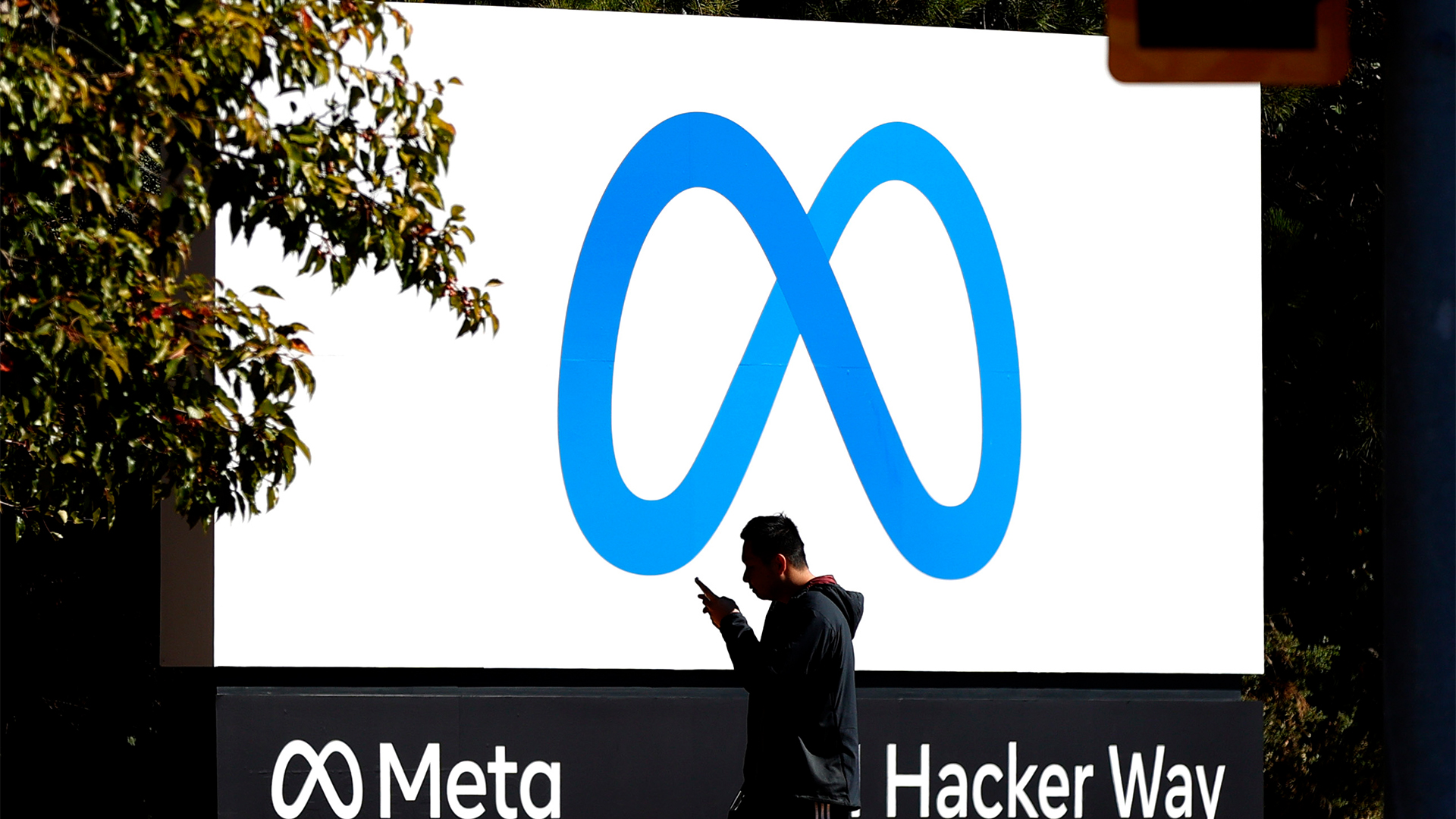 Meta layoffs hit staff at WhatsApp, Instagram, and Reality Labs divisions
Meta layoffs hit staff at WhatsApp, Instagram, and Reality Labs divisionsNews The 'year of efficiency' for Mark Zuckerberg continues as Meta layoffs affect staff in key business units
By Ross Kelly
-
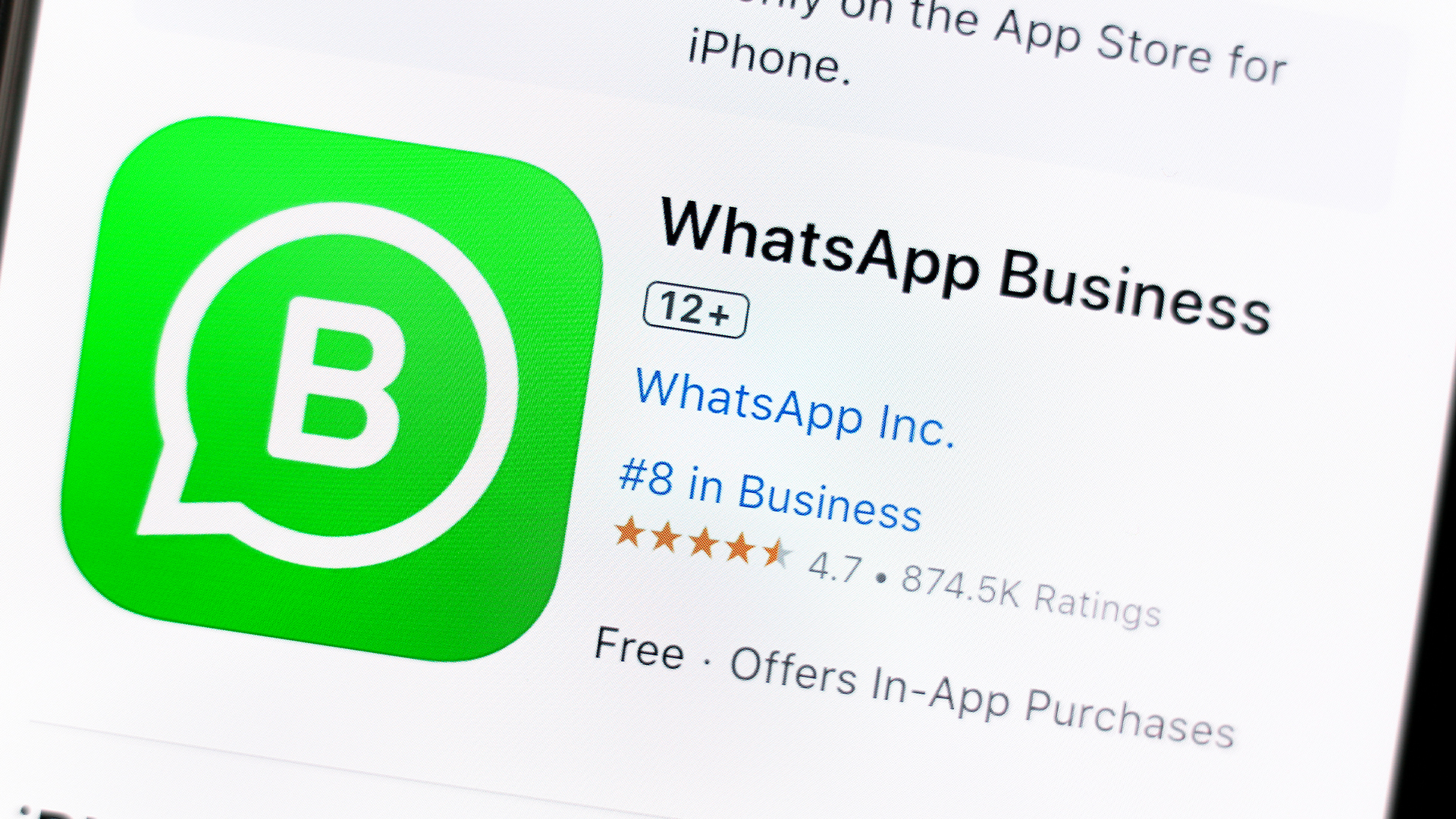 WhatsApp Business prices are set to change – here's what you need to know
WhatsApp Business prices are set to change – here's what you need to knowNews This is the first rate change for WhatsApp Business users since it adopted category-based pricing over a year ago
By George Fitzmaurice
-
 Mark Zuckerberg: Tech layoffs in 2024 have been a natural response to pandemic-era overhiring
Mark Zuckerberg: Tech layoffs in 2024 have been a natural response to pandemic-era overhiringNews Overhiring and a prevailing industry approach to becoming “leaner” is driving the latest wave of layoffs
By Ross Kelly
-
 European firms say they’re being “left in the dark” by big tech gatekeepers ahead of Digital Markets Act
European firms say they’re being “left in the dark” by big tech gatekeepers ahead of Digital Markets ActNews With the Digital Markets Act set to come into effect in March, European firms have called for greater transparency from big tech 'gatekeepers' on their plans
By Steve Ranger
-
 Amazon and Meta bow to CMA pressure on uncompetitive data practices
Amazon and Meta bow to CMA pressure on uncompetitive data practicesNews The CMA said the firms will no longer use competitor data to improve their own offerings
By Emma Woollacott
